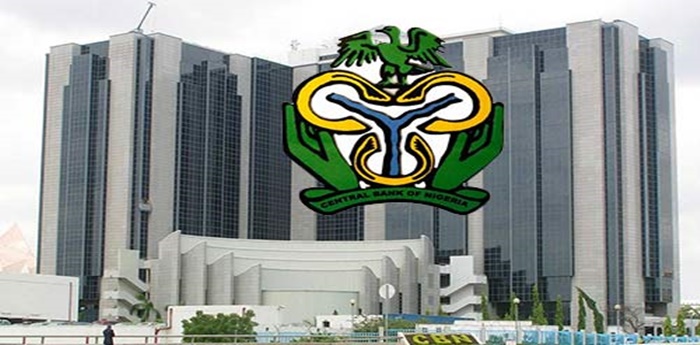Importation Crash: Customs agents explore alternative revenue sources.

Numerous challenges are stifling the ease of doing business in the maritime sector, ranging from the high cost of clearing goods due to exchange rate summersault among other factors.
This worrisome development has made some licensed customs agents disillusioned, not knowing the next move to make to put food on the table for their families.
Some of these agents have been made jobless and some lost their lives while others who couldn’t cope chose to relocate back to their villages in a bid to reduce the cost of living.
Findings have also shown that the long lists of items under prohibition in Nigeria are other factors affecting practitioners in the maritime sector as this limits the number of goods one can import.
The PUNCH reported recently that 60 per cent of licensed customs agents operating in the nation’s maritime industry have dumped the profession for commercial motorcycling (okada riding) and other menial jobs due to the biting effects of the floating exchange rate.
The operators believed that the Central Bank of Nigeria achieved more stability during the time of Godwin Emefiele as the governor of the apex bank than happenings in the current dispensation.
Founder of the National Council of Managing Directors of Licensed Customs Agents, Lucky Amiwero, admitted that although Emefiele’s administration at CBN affected the maritime sector, but not up to what the sector was currently passing through in the new administration.
“Emefiele’s administration affected the maritime sector but not as much as what the sector is facing now. The sector is more affected. Almost 30 per cent of licensed customs agents have left the job because of the floating exchange rate. They have all gone into okada riding and all other businesses,” he said.
Amiwero explained that during Emefiele, the push-up in the exchange rate was not as drastic as it is now.
“But during the time of Emefiele, the forex was perfectly stabilised for a very long time before you see a push-up. And then, a push-up is not as drastic as it is now. The push-up now is affecting both import and export because when you talk about export, you’re talking about production within.
A Deputy President of the National Association of Government Approved Freight Forwarders, Nnadi Ugochukwu, said over 60 per cent of licensed agents had dumped the job to look for other things to do.
“The maritime industry under Emefiele was stifled with excessive taxation and you know over-taxation is not a good economic policy. Even as we are talking now the current system is still suffering under the policy.
“The Nigerian import prohibition list is very long. We should encourage local production and export. You also look at areas where you have a cooperative advantage to produce and export, not where you don’t have a comparative advantage,” Ugochukwu said.





